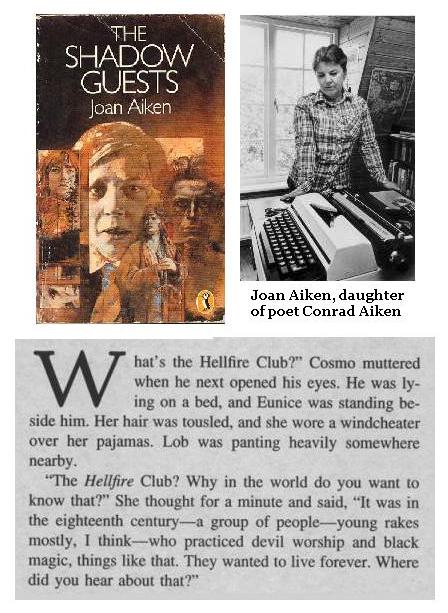A Poem for Pinter
The Guardian on Harold Pinter, winner of this year's Nobel Prize for Literature:
"Earlier this year, he announced his decision to retire from playwriting in favour of poetry,"
Michael Muskal in today's Los Angeles Times:
"Pinter, 75, is known for his sparse and thin style as well as his etched characters whose crystal patter cuts through the mood like diamond drill bits."
Robert Stone, A Flag for Sunrise (See Jan. 25):
"'That old Jew gave me this here.' Egan looked at the diamond…. 'It's worth a whole lot of money– you can tell that just by looking– but it means something, I think. It's got a meaning, like.'
'Let's see,' Egan said, 'what would it mean?' He took hold of Pablo's hand cupping the stone and held his own hand under it. '"The jewel is in the lotus," perhaps that's what it means. The eternal in the temporal….'"
Notes on Modal Logic:
"Modal logic was originally developed to investigate logic under the modes of necessary and possible truth. The words 'necessary' and 'possible' are called modal connectives , or modalities . A modality is a word that when applied to a statement indicates when, where, how, or under what circumstances the statement may be true. In terms of notation, it is common to use a box [] for the modality 'necessary' and a diamond <> for the modality 'possible.'"
|
A Poem for Pinter

|
Commentary:


















